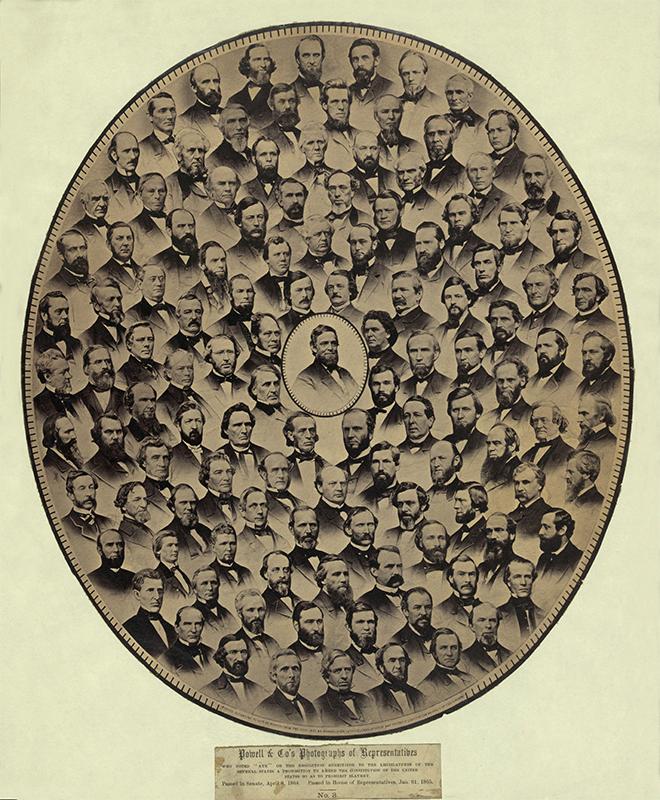The practice of slavery and involuntary servitude is unquestionably one of the greatest wrongs and injustices in the history of the world. For centuries, nations and territories permitted slavery and advanced a harmful philosophy that socio-demographics such as age, religion, sex, race, ethnicity, etc…determine worthiness.

During the 1787 Constitutional Convention, the Framers vigorously debated whether the newly created United States would permit the practice of slavery. And, although the word “slavery” is not specifically stated in our Constitution, the practice of one person compelling another to “service or labor” was expressly permitted then and for years to come, despite its morally offensive nature.
It wasn’t until the Civil War ended and the ratification of the Thirteenth Amendment on December 6, 1865, that slavery and involuntary servitude were outlawed in every US state and jurisdiction. The text of the Amendment confirmed an absolute prohibition throughout the land, stating,
“Neither slavery nor involuntary servitude, except as a punishment for crime whereof the party shall have been duly convicted, shall exist within the United States, or any place subject to their jurisdiction. Congress shall have power to enforce this article by appropriate legislation.”
The Civil War was fought over the course of four years, from 1861 through 1865. Historical records confirm it was our bloodiest war, with over 1.2 million deaths counted.
Before the Civil War ended, the “free states,” i.e., the Union states, had already abolished slavery. In fact, in 1777, Vermont first adopted a policy protecting freedom, setting forth on a path to emancipate slaves. Thereafter, from 1777 through 1820, all New England states, along with Pennsylvania, Indiana, Illinois, Ohio, New Jersey, and New York, had become free states, banning slavery from their jurisdictions. From 1837 through 1861, the Union states of Michigan, Iowa, Wisconsin, California, Minnesota, Oregon, and Kansas enacted laws prohibiting slavery. And, finally, in 1864, Nevada, having just become a state that same year, declared slavery unlawful, becoming the final Union state to forbid slavery.
Of significant importance relative to the Thirteenth Amendment, is that this amendment is the only Constitutional provision in effect that directly regulates private action. All other effective provisions regulate government action.
Editor’s Note: This article is a continuation of our effort to include all of the amendments to the Constitution in our newsletters. The photo above depicts members of the U.S. House of Representatives who voted ‘Aye’ on the 13th Amendment. The larger central portrait is of Speaker of the House at that time, Schuyler Colfax.







